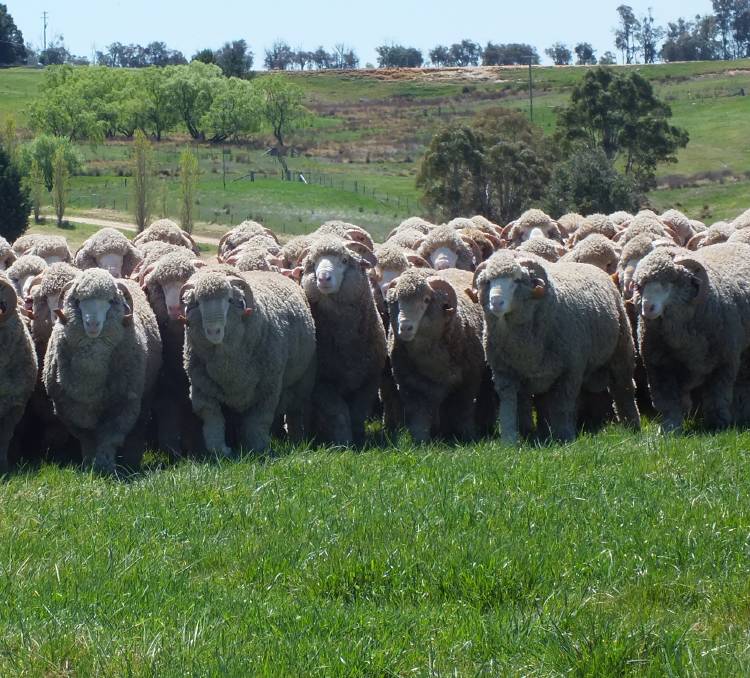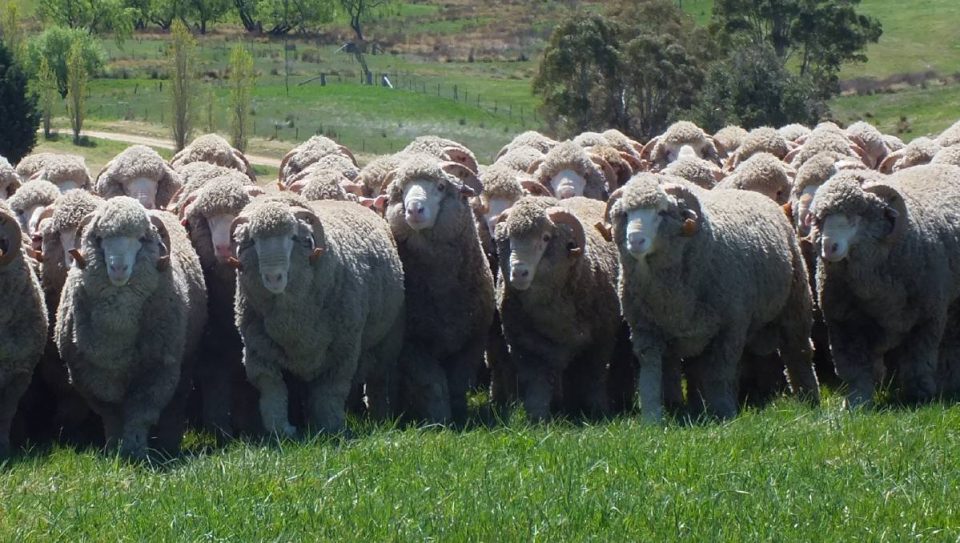
RUNNING RACE: Treat rams like the athletes that they are, as they are about to go into a six-week period of sport performance.
Rams may have been left behind when it comes to joining management as the sheep industry has progressed to improve the quality and efficiency of ewes.
According to veterinary consultant and Dawbuts Animal Health director, Dr Matt Playford, rams have been under-valued in the breeding equation for more than 30 years.
He said the industry had progressed with ewe management, but not so much with rams and it was time to shift the focus back to sires.
“We need to acknowledge rams contribute to half of the genetics of sheep progeny and they are the primary drivers of genetic improvements for most flocks,” he said.
Rams contribute to half of the genetics of sheep progeny and they are the primary drivers of genetic improvements for most flocks
“The reproductive success of rams is the ability to sire a large number of offspring each season.
“In order for them to work, we have to treat them like the athletes that they are, as they are about to go into a six-week athletic performance.
“They have to be able to move around to all parts of that paddock and effectively deliver their genetic material to a lot of ewes.”
According to Dr Playford, before a pre-joining, ram inspection should be conducted, a sound on-farm biosecurity plan established and safe handling practised.
He suggests working out a joining date, then a pre-joining checklist should be conducted 12 weeks before producers plan to join.
“The reason for this is that the ram’s sperm cycle takes six weeks,” he said.
“We want them to have six weeks to get into peak condition before that sperm cycle begins.
“You don’t want to have to do anything to those rams because anything you do to them six weeks prior to joining will decrease their fertility.
“And when I say anything, I mean anything – even mustering could affect their fertility.”
Dr Playford said a general health check of rams meant assessing the four ‘tees’ of teeth, toes, testes and tackle.
He said they needed to be shorn at the ideal time, vaccinated and drenched effectively to make sure worms were not robbing them of sperm.
“Rams are often kept in a small paddock with a high stocking rate,” he said.
“They have an aggressive metabolism that is geared to producing a lot of protein.
“So they don’t put as much energy into their immune system and protecting themselves from worm populations.
“That can cause issues in rams in comparison to the rest of the flock.
“You need to work on a program that uses not just drenches, but also paddock management and rotation to control the worm program.
“Those rams that have high worm burdens often have poor fertility.”
Flies and lice will also rob rams of performance.
This makes it essential to ensure that rams are protected from both.
Dr Playford said a critical element for joining was achieving the best value out of a smaller number of rams.
“In the long run, rams will last longer if they are looked after better with a range of good management tactics,” he said.
“They can then be used at a lower percentage because they are in tip-top condition each joining period.
“You don’t need to use a lot of rams to get the same number of lambs on deck.”
Dr Playford said by using rams with better genetic material, they will have a more positive effect on the flock in the long-term.
“By simply buying better genetic material rams – selecting rams using ASBVs, objective measurements and even using genomics – you can have a big impact on the entire flock for 10 or 12 years,” he said.
“When selecting rams, keep in mind your breeding objectives and select rams that are suitable for your flock.
“You are not buying rams for anyone else.”
The story Making rams a priority first appeared on Farm Online.



